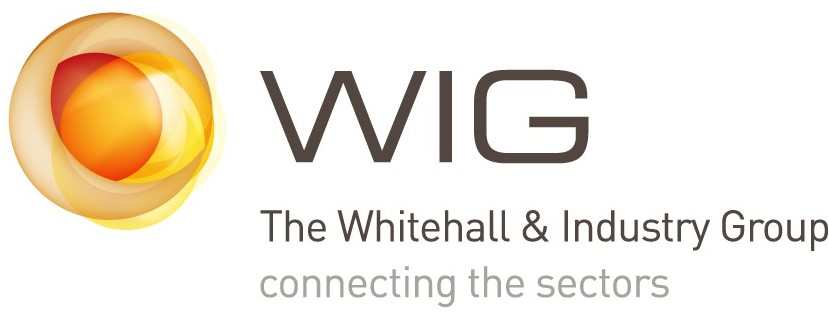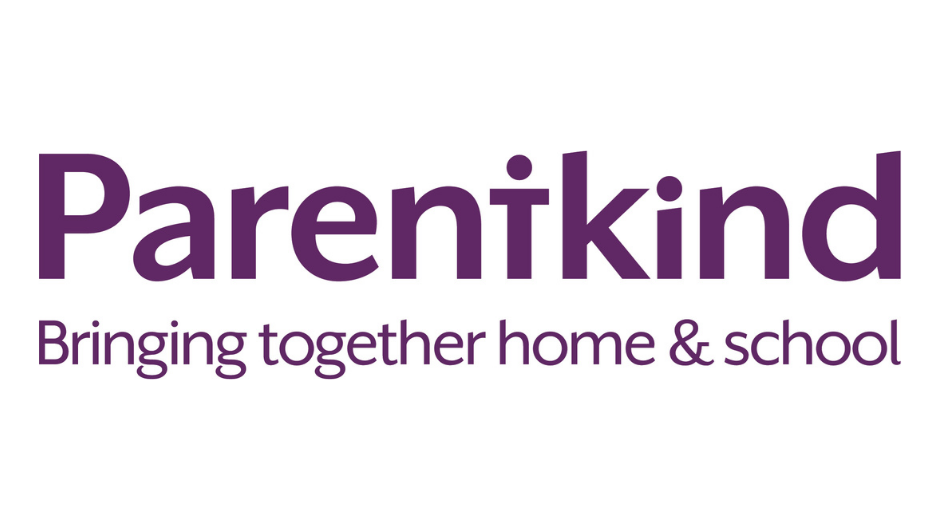At WIG, we’re no strangers to enabling individuals in directly learning from others and one way in which we support talented future leaders in gaining experience of another sector is through the secondment scheme, Charity Next.
Charity Next matches fast stream civil servants with not-for-profit organisations to deliver a six-month project. Secondees benefit from hands-on experience while host organisations harness civil service talent, working together to deliver strategically significant projects with social impact.
Parentkind have hosted numerous Charity Next secondees, each bringing their own experiences and knowledge to the organisation. Kerry-Jane, Executive Director of Programmes, Membership and Charitable Services at Parentkind tells us more about the difference these connections have made towards their charitable purpose.
Tell us a bit about Parentkind
Parentkind is a membership organisation, with around 13,000 parent-teacher association (PTA) members across England, Wales and Northern Ireland. We support our members in everything they need to run themselves as charitable organisations. For example, governance and fundraising - which goes directly into school budgets.
Our mission is to give parents/guardians a voice in education. We do this through our evidence and research – gathering the parent voice through polling and surveying which then feeds into our policy and press work. Raising what parents are saying with MPs and government agencies to help inform policies, whilst also galvanising further parent support through press. Secondly, we look for solutions - our blueprint for parent friendly schools helps schools become more parent friendly and vice versa. We work closely with partners to develop guidance and initiatives which support this.
What challenges were you trying to address with the support of your Charity Next secondees? What did their roles entail?
Having a Charity Next secondee come into the organisation provides us with a kickstart on a project – it adds value to something we’re already doing or trying to get off the ground. As a charity, we have limited capacity and there’s always lots of things we want to achieve but by working with secondees on a one-off project, it allows us to improve efficiency, generate income or even influence policy further.
Two of our secondees have been based in our evidence and research team – due to the high demand for research due to COVID-19. We’ve had to become more sophisticated and better understand the trends – we were required to understand seven years of data very quickly, so we needed someone who could come in and hit the ground running.
Our current secondee is supporting us in a parent research platform, as we move into our new strategy – carrying out the investigation work, making recommendations to the board and kickstarting that project.
The second area in which we’ve seen acceleration is in support for learning at home. We needed someone to come in with a fresh pair of eyes - to look at everything, what were we missing, where were the gaps, talk to partners and carry out stakeholder mapping.
It’s important they’re able to leave a legacy behind. It’s got to be something that’s linked to our work and propels us forward but it’s also essential to give the individual something they can see through from beginning to end – and they can see how their work is going to progress.
What impact have these projects had on Parentkind post secondment?
The trend analysis piece has informed the basis of a lot of information for the three policy solutions we’re launching this year. Internally, it’s also made us look at our research differently. And as a result, we’ve recruited for an evidence and research manager – as we recognised, we were missing a skillset within the team.
We’re also developing a new website, and thanks to the learning at home programme review, we’ve got a strong basis and foundation for key areas of the website and internally, it created a fantastic handover with a new products and programmes manager. It really set the foundations of where we’re going to go next with the organisation and has fed a lot into the new strategy.
What are the benefits of these secondments being cross-sector?
It challenges us, it’s always great to be questioned – “why does this happen?” And sometimes it makes us rethink.
They bring their own experience. With the research roles there were platforms they were suggesting which I didn’t even know were available, that would make our lives much easier.
When you work for a charity, you can sometimes become a bit insular – “oh, that’s the way we’ve always done it” and I 100% believe there’s always room for improvement and having someone come in from another sector can bring those fresh ideas.
What are some of the challenges you've experienced as a host?
We’re a team of 30 and often, they come from big departments, which can be a learning curve. I know I’m learning as I go through the process, and I’ve learnt that I just have to throw them in at the deep end. They can ask whatever questions they need, talk to whoever – there’s no right or wrong answer but it’s important to communicate.
It can also be a challenge for them, coming into a charitable organisation, not knowing how a charity works, but that’s what we’re experts in and we’re more than happy to support them as much as they need.
How do you support secondees in adapting and overcoming these challenges?
It really depends on the person, but it’s about time and support. We make sure our Charity Next secondees are part of our management team, so they’re learning from other people, seeing how others interact. Although they work with teams, they have regular contact with me – my role is to guide them through the leadership side and mentor them throughout. It’s about being supportive. We’re an organisation where you can’t fail – learn from it and move on.
What advice would you give to other organisations interested in being a host?
I would say that there are five key steps.
- have a big picture conversation internally on those projects that would really accelerate the organisation and your strategy.
- Work up a summary on those priority projects, ready for the next round of applications.
- Spend some time matching what you need to the varying secondee roles that are available – so both parties are getting as much out of the time as possible.
- Go for it – what have you got to lose!
- If unsuccessful, resubmit on the next round.
Originally published:

